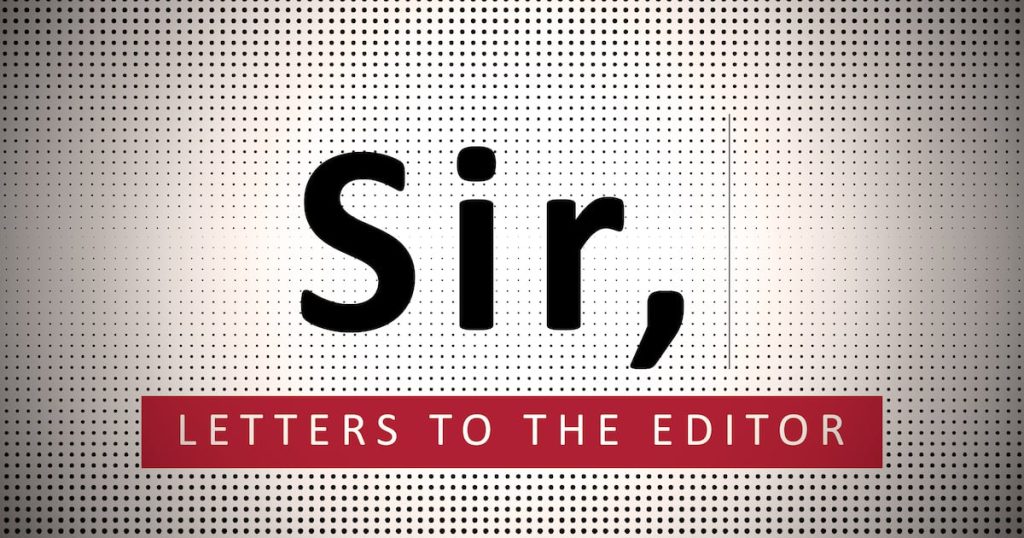Listen to the article
Debate Heats Up Over Proposed Air Travel Tax in Ireland
In a growing debate over environmental responsibility, a proposed tax on air travel has sparked significant discussion across Ireland. The controversy centers on whether such a tax represents an appropriate response to aviation’s environmental impact or unfairly burdens an island nation.
Paul O’Shea of Planet Before Profit argues that air travel is “absurdly underpriced” because its environmental costs are externalized, with the planet ultimately bearing the burden. O’Shea challenges the notion that geography provides any “moral exemption” for Ireland, suggesting that higher ticket prices would not punish consumers but encourage more thoughtful travel decisions.
“The real unfairness lies in leaving the planet – and its poor and vulnerable majority – to pick up the tab for our cheap tickets,” O’Shea contends, framing the issue as one of environmental justice rather than consumer inconvenience.
The discussion follows commentary by consumer affairs correspondent Conor Pope, who had warned that such a tax would disproportionately affect Ireland as an island nation and raised concerns about how any revenue might be utilized by the government.
Rob Fairmichael from Belfast offers a complementary perspective, suggesting that alongside the “polluter pays” principle, providing incentives for sea and land travel could prove effective. He advocates for subsidies for sailing and collaboration with other countries to develop viable “rail and sail” options, noting that even connections to neighboring Britain remain limited.
This debate emerges against the backdrop of growing climate awareness and reflects wider tensions between environmental priorities and economic concerns. The aviation industry, which accounts for approximately 2-3% of global carbon emissions according to the International Energy Agency, has faced increasing scrutiny for its climate impact.
Ireland, with its geographical position and heavy reliance on air travel for connectivity, finds itself in a particularly challenging position. Tourism, a key economic sector representing about 5% of Ireland’s GDP pre-pandemic, depends significantly on international air travel.
Environmental advocates point out that aviation benefits from tax exemptions not granted to other transportation sectors. Jet fuel for international flights remains exempt from taxation under the 1944 Chicago Convention, creating what critics describe as an uneven playing field that artificially depresses the cost of flying compared to more sustainable alternatives.
The debate also touches on questions of social equity, with some arguing that frequent flying is concentrated among more affluent demographics, while the environmental consequences affect everyone.
European precedent suggests various approaches to aviation taxation. Countries including Germany, France, and Sweden have implemented passenger taxes on air travel, with revenues sometimes directed toward environmental initiatives or public transportation alternatives.
Supporters of aviation taxes point to potential behavioral changes, suggesting that higher prices could encourage consumers to consolidate trips or choose alternative transportation when feasible. Critics counter that without viable alternatives, such taxes merely increase costs without reducing emissions.
As Ireland considers its approach to this contentious issue, policymakers face difficult questions about balancing environmental responsibility with economic concerns and geographical realities. The discussion highlights broader tensions between immediate convenience and long-term environmental stewardship that extend far beyond the aviation sector alone.
Verify This Yourself
Use these professional tools to fact-check and investigate claims independently
Reverse Image Search
Check if this image has been used elsewhere or in different contexts
Ask Our AI About This Claim
Get instant answers with web-powered AI analysis
Related Fact-Checks
See what other fact-checkers have said about similar claims
Want More Verification Tools?
Access our full suite of professional disinformation monitoring and investigation tools




8 Comments
This debate over an air travel tax in Ireland underscores the broader challenges of addressing the environmental costs of aviation. While the island nation faces unique circumstances, the fundamental issue of internalizing externalities requires thoughtful, nuanced solutions.
This highlights the complex challenge of addressing the environmental impact of aviation. While an air travel tax may be warranted, the specific design and implementation would need to carefully consider Ireland’s unique situation as an island.
The argument that air travel is “absurdly underpriced” due to externalized environmental costs is thought-provoking. An air travel tax could encourage more sustainable travel decisions, though the potential impact on consumers as an island nation requires thorough analysis.
Framing this as an issue of environmental justice rather than just consumer inconvenience is an interesting perspective that deserves further discussion.
The debate over an air travel tax in Ireland touches on important questions of environmental responsibility, consumer impact, and geographic considerations. It’s a nuanced issue that requires balancing multiple perspectives.
An air travel tax is a contentious proposal with valid arguments on both sides. As an island nation, Ireland faces distinct challenges, but the broader environmental impact of aviation cannot be ignored. This debate highlights the need for carefully considered policies.
An interesting debate on the environmental impact of air travel and whether a tax is the right approach. As an island nation, Ireland faces unique challenges but ultimately must consider its responsibility to address climate change.
Balancing the needs of consumers and environmental protection is never easy, but the article raises valid points on both sides that are worth considering carefully.